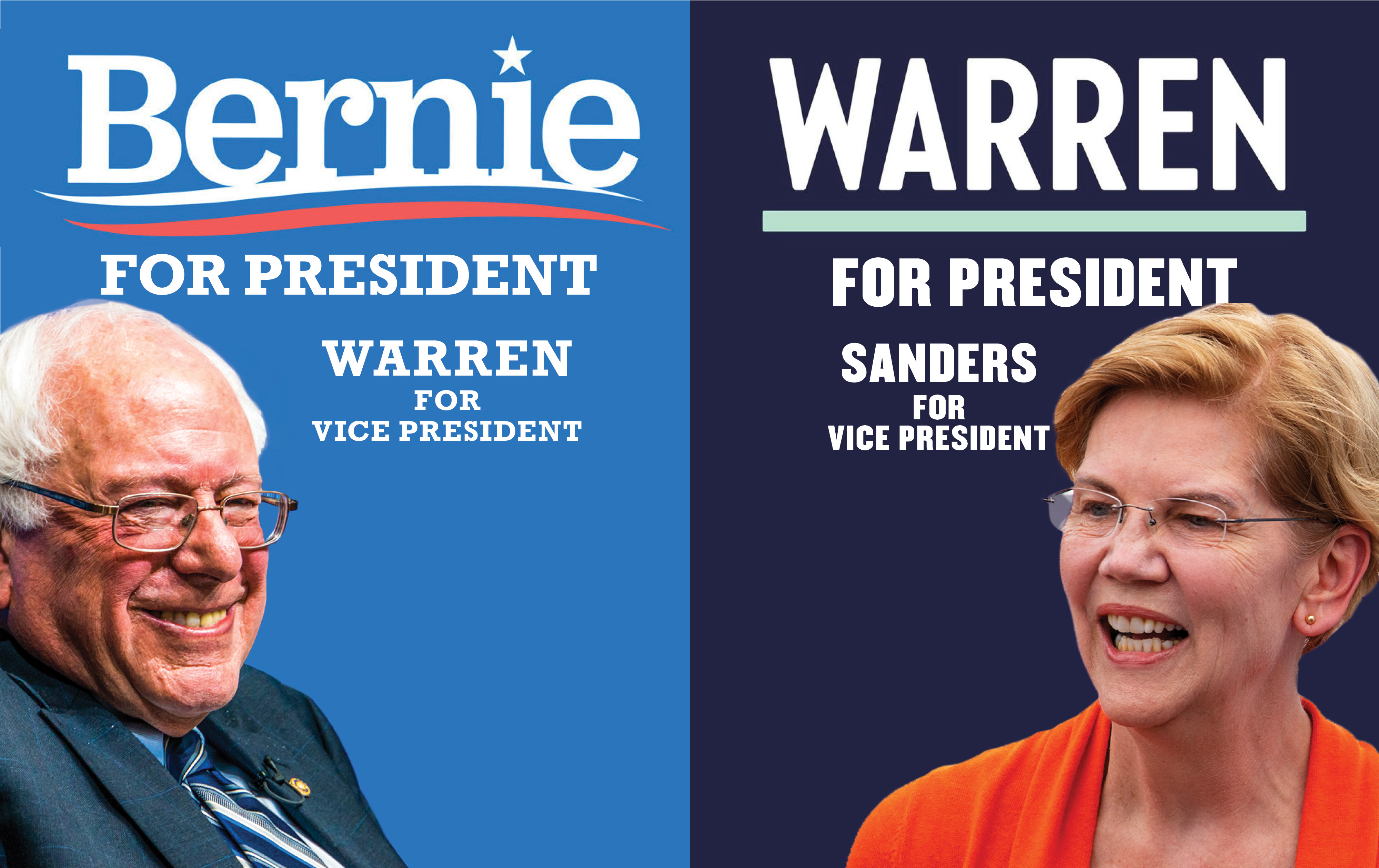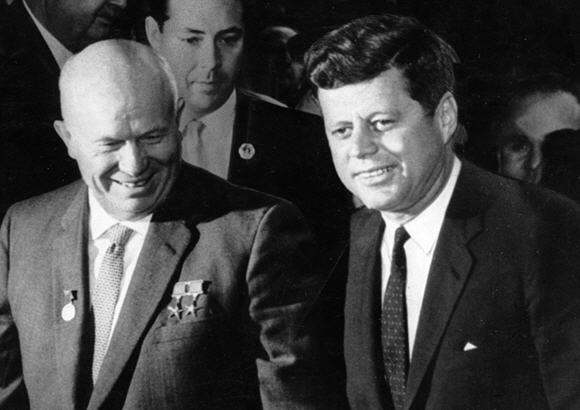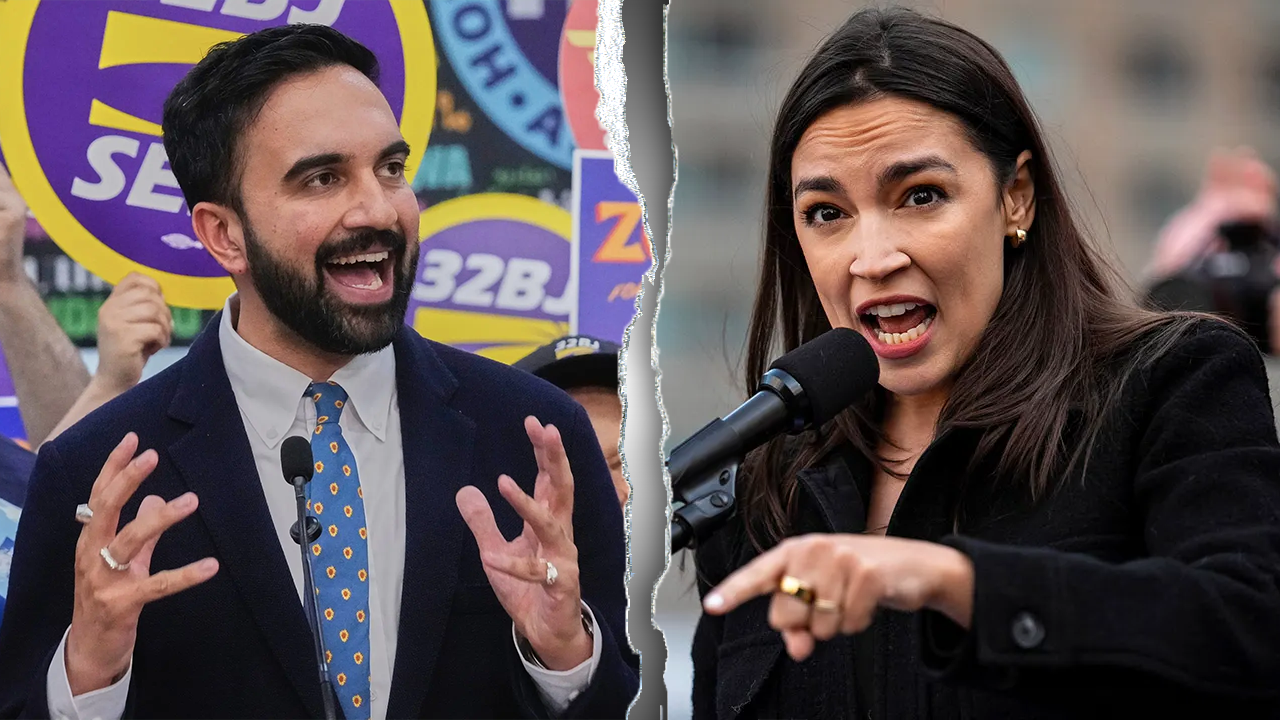Tariffs, Poll Numbers, and the 50-Year Pendulum Swing
Tariffs will lead to price increases. Like clockwork. Price increases will lead to lower poll numbers for Donald Trump. Like clockwork. How low? We’ll just have to wait and see, but numbers in the low 30s would be politically devastating. At that point, many members of Trump’s own party in Congress may decide it’s better to abandon ship than go down with it.
History isn’t subtle here: the party in the White House almost always loses midterm elections without even trying. But this administration? It’s trying hard. Trying to argue tariffs won’t raise prices is like arguing against gravity. Economists, who usually qualify everything with “on the one hand” and “on the other hand,” are almost unanimous: tariffs hurt consumers. That rare consensus should tell you something.
If the president’s approval rating sinks into the low 30s, the House is gone for the Republicans. As for the Senate, it’s trickier. There’s a structural, almost “operating system level” advantage that keeps the chamber locked in a white, conservative grip. But with numbers that low, even the Senate could be in play. Never say never.
That’s where the Democrats’ internal dynamics matter. You don’t beat something with nothing. Right now, the centrist wing of the party seems missing in action. My bet is that the AOC–Mamdani–Bernie–Warren crowd will be the ones to raise the flag. And what they’re bringing to the table isn’t just policy—it’s a vision. Think FDR. Think Reagan. Now think Alexandria Ocasio-Cortez. This isn’t just electoral maneuvering; it’s a tectonic shift.
Picture Vienna-style social housing in America—a system proven to be more cost-effective than the billions the U.S. already spends on tax breaks for the wealthy. Once the arithmetic is made clear, the public will buy into similar models across major sectors: healthcare, education, infrastructure. The math points to a top tax rate of around 70% for the wealthiest Americans—far from unprecedented. During the Cold War, the U.S. thrived as a capitalist democracy with a 90% top rate. If 70% is “socialism,” then perhaps it’s time to revisit what’s actually wrong with that.
Now imagine a scenario where the AOC wing takes over the Democratic Party, wins the House in 2026, and almost wins the Senate. For two years, the House would pass bill after bill—housing, healthcare, climate—only to be stonewalled in the Senate. That frustration wouldn’t dissipate; it would fuel momentum for AOC in 2028 and perhaps a blue Senate to match.
This would mark the beginning of a new 50-year pendulum swing in American politics. A swing where the richest country in the world finally confronts the absurd reality of homelessness, poverty, malnutrition, and crushing student debt. A swing where economic fairness isn’t just rhetoric—it’s law.
Tariffs might be the trigger, but the transformation would go far beyond trade. We could be witnessing the start of America’s next political era.
शुल्क, जनमत सर्वेक्षण और 50 साल का पेंडुलम स्विंग
शुल्क से कीमतें बढ़ेंगी। जैसे घड़ी की सुइयों का चलना तय है, वैसे ही यह तय है। कीमतें बढ़ने से डोनाल्ड ट्रंप की लोकप्रियता घटेगी। यह भी तय है। यह कितनी नीचे जाएगी? देखना तो पड़ेगा, लेकिन अगर यह 30% के निचले स्तर पर पहुंची तो राजनीतिक रूप से यह विनाशकारी होगा। उस समय ट्रंप की पार्टी के कई सांसदों को लगेगा कि अब जहाज़ छोड़ देने में ही भलाई है।
इतिहास साफ है: व्हाइट हाउस में बैठी पार्टी मिडटर्म चुनाव बिना कुछ किए भी हार जाती है। लेकिन यह प्रशासन? यह तो पूरी कोशिश कर रहा है। यह तर्क देना कि शुल्क से कीमतें नहीं बढ़ेंगी, गुरुत्वाकर्षण को न मानने जैसा है। अर्थशास्त्री—जो आम तौर पर "एक तरफ" और "दूसरी तरफ" जैसे वाक्य कहते हैं—इस मुद्दे पर लगभग एकमत हैं: शुल्क उपभोक्ताओं को नुकसान पहुंचाते हैं। यह दुर्लभ सहमति बहुत कुछ कहती है।
अगर राष्ट्रपति की स्वीकृति रेटिंग 30% के निचले स्तर तक गिरती है, तो रिपब्लिकनों के लिए प्रतिनिधि सभा (हाउस) हाथ से निकल जाएगी। जहां तक सीनेट की बात है, वह थोड़ा कठिन है। वहां एक संरचनात्मक, लगभग “ऑपरेटिंग सिस्टम स्तर” का लाभ है जो इस सदन को श्वेत, रूढ़िवादी पकड़ में रखता है। लेकिन इतने कम आंकड़ों के साथ, सीनेट भी खतरे में आ सकती है। कभी “कभी नहीं” मत कहिए।
यहीं पर डेमोक्रेटिक पार्टी की आंतरिक राजनीति मायने रखती है। आप किसी चीज़ को ‘कुछ नहीं’ से नहीं हरा सकते। फिलहाल, पार्टी का मध्यमार्गी धड़ा नदारद लगता है। मेरा अनुमान है कि AOC–ममदानी–बर्नी–वॉरेन का गुट ही झंडा उठाएगा। और वे सिर्फ नीतियां नहीं ला रहे, वे एक दृष्टि ला रहे हैं। सोचिए FDR, सोचिए रीगन, और अब सोचिए एलेक्जेंड्रिया ओकासियो-कोर्टेज़। यह सिर्फ चुनावी चाल नहीं, यह एक भूकंपीय बदलाव है।
कल्पना कीजिए, अमेरिका में वियना-शैली का सार्वजनिक आवास—एक ऐसा सिस्टम जो अमीरों के लिए कर छूट पर अमेरिका जो अरबों खर्च करता है, उससे भी अधिक किफायती साबित हो चुका है। जब आंकड़े साफ तौर पर रखे जाएंगे, तो जनता इसी तरह के मॉडल को स्वास्थ्य, शिक्षा, ढांचे (इन्फ्रास्ट्रक्चर) समेत सभी बड़े क्षेत्रों में अपनाने को तैयार होगी। गणित बताता है कि सबसे अमीर अमेरिकियों के लिए शीर्ष कर दर लगभग 70% होनी चाहिए—यह कोई अनोखी बात नहीं है। शीत युद्ध के दौरान, अमेरिका 90% की शीर्ष दर के साथ एक संपन्न पूंजीवादी लोकतंत्र था। अगर 70% “समाजवाद” है, तो इसमें गलत क्या है, इस पर फिर से सोचना चाहिए।
अब कल्पना कीजिए, AOC गुट डेमोक्रेटिक पार्टी पर काबिज हो, 2026 में प्रतिनिधि सभा जीत ले और सीनेट में लगभग जीत हासिल करे। दो साल तक, प्रतिनिधि सभा आवास, स्वास्थ्य, जलवायु जैसे मुद्दों पर एक के बाद एक बिल पास करे, लेकिन सीनेट उन्हें रोक दे। यह निराशा खत्म नहीं होगी; यह 2028 में AOC और शायद एक नीली (डेमोक्रेटिक) सीनेट के लिए गति बनाएगी।
यह अमेरिकी राजनीति में नए 50 साल के पेंडुलम स्विंग की शुरुआत होगी—एक ऐसा झूला, जिसमें दुनिया का सबसे अमीर देश आखिरकार बेघरपन, गरीबी, कुपोषण और भारी छात्र ऋण की असंगत वास्तविकता से निपटेगा। एक ऐसा स्विंग, जहां आर्थिक न्याय सिर्फ नारा नहीं, बल्कि क़ानून बनेगा।
शुल्क शायद शुरुआत का कारण बनें, लेकिन यह बदलाव व्यापार से कहीं आगे जाएगा। हम शायद अमेरिका के अगले राजनीतिक युग की शुरुआत देख रहे हैं।





